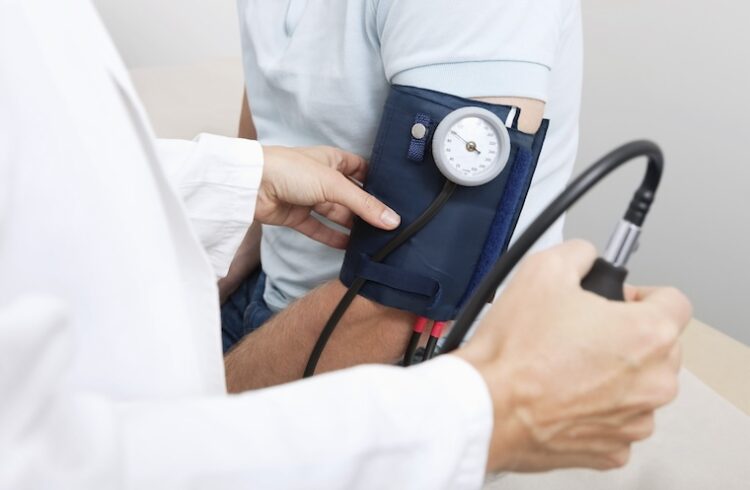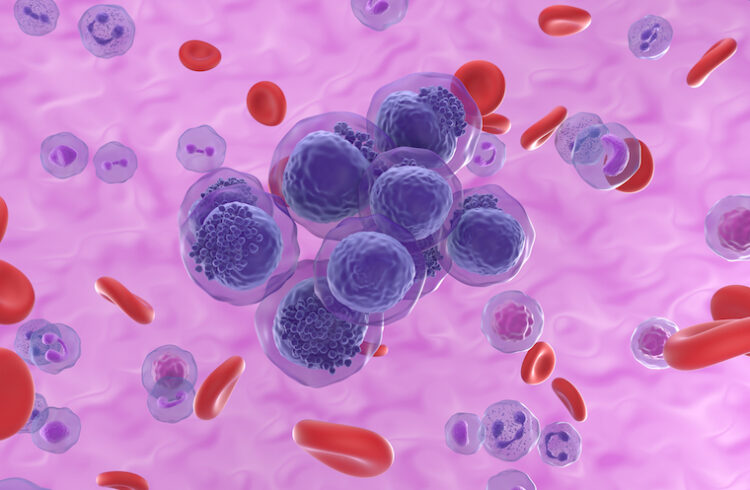
As prescriptions for less-regulated, custom-compounded menopausal hormones approach the number of prescriptions for U.S. Food and Drug Administration-approved hormones, a UVA Health System expert said doctors should educate patients on the differences between the hormones.
UVA gynecologist and women’s midlife health specialist JoAnn V. Pinkerton, MD , presented survey results on the use of menopausal hormones at this month’s ENDO 2015 conference in San Diego.
Based on an October 2014 survey of 483 U.S. pharmacists who provide compounding services, an estimated 26 million to 36 million prescriptions for custom-compounded menopausal hormones are filled annually, approaching the 36 million prescriptions filled for FDA-approved menopausal hormones in 2012. A majority of the survey respondents expect their compounding business to grow between 5 percent and 25 percent over the next two years.
A separate review of compounding websites found that almost half of the websites claimed that custom-compounded menopausal hormones are generally safer than FDA-approved menopausal hormones. But because the FDA has not been regulating custom-compounded menopausal hormones, Pinkerton said, there is less information available about their safety and effectiveness along with concerns about over or under dosing and the possibility of contaminants.
The FDA’s oversight of custom-compounded hormones may be changing, Pinkerton said. In November 2013, Congress passed the Drug Quality and Security Act, which clarified the FDA’s authority to enforce federal laws that apply to pharmacy compounding. However, she added, “health providers and their patients should understand the differences in and the risks associated with less-regulated treatments of compounded menopausal hormone therapy.”



